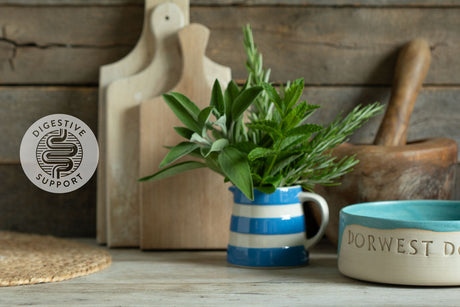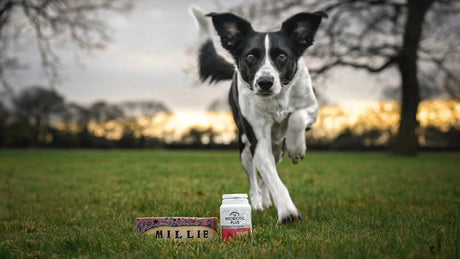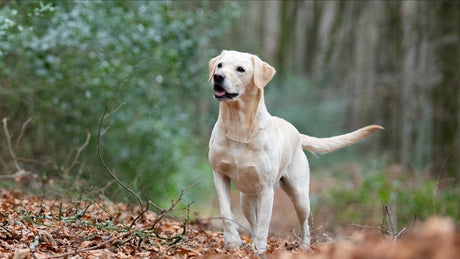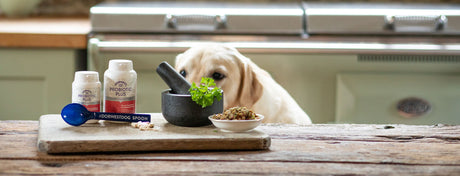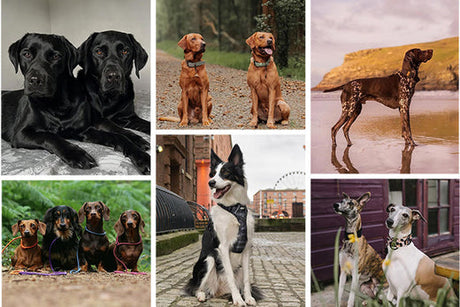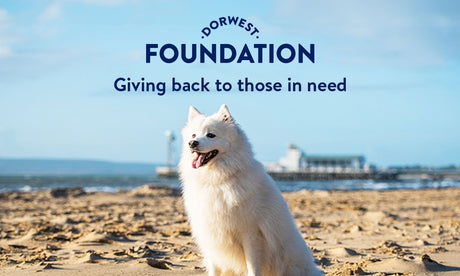Is there any good news if your pet is one that becomes stressed and unhappy around Fireworks season?
The answer is, yes! There are lots of things we can do in preparation to settle them down, so here is an easy-to-achieve 3-2-1 countdown. You still have plenty of time, so let’s get (quietly) cracking.
3. Quiet spaces count.
Your pet needs to retreat to a place they can feel content and safe when it all gets loud and scary. Sometimes they choose places that are not ideal for us humans, such as behind the sofa or underneath the bed. Never attempt to pull a hiding animal from their safe space, but you might try coaxing them with some strong-smelling titbits. If they refuse, let them come out when ready. In preparation, build a safe haven for your dog or cat. Cats might prefer to be higher up, but anywhere you can build them a cosy, soundproofed area is best. Use blankets, duvets, both underneath and over a crate or box to muffle sound and vibrations. Place tasty goodies, and a small dish of water, inside and allow your pet to enter and leave as much as they choose. Pet them and play with them in there, too, so that it becomes a lovely place for them to rest and relax. They will choose to enter more often if you get it right, and will hide there when things get a bit much in future.
2. Prepare for the noise.
You can purchase or download free fireworks sound files to accustom your pet to the noise long before the season. These must be played very quietly at first, whilst your pet is enjoying another activity such as eating tea or playing their favourite game. Gradually, the volume is turned up (usually over a number of days or weeks) until they are used to it and ignore it completely. The recorded sounds are not exactly the same frequencies as the real thing, but it can go some way to mimicking the suddenness and volume.
1. Speak to your Vet or Behaviourist
If you already know your pet becomes very upset, now is the time to work with a professional. Vets and ABTC Registered Behaviourists are used to helping with such issues and can provide you with a detailed plan of action in readiness. This can include the measures above but will also give you changes such as taking them on walks earlier in the day, medications that may help, and support for you through what can be a difficult time for the family.
So, the clock is ticking.
Get ready… get set… calm!
Karen Wild is a Certificated Clinical Animal Behaviourist and author of ‘Being a Dog’, her new book uniquely written from the dogs point of view. www.karenwild.co.uk
